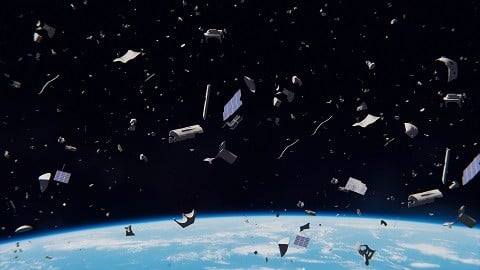 |
| There are countless pieces of space debris currently existing in Earth's orbit. (Source: Live Science) |
According to the National Aeronautics and Space Administration (NASA), along with the rapid development of the Aerospace Industry in recent years, the amount of space debris existing in Earth's orbit is increasing.
Back in 1961, when the Soviet Union launched its first astronaut, there were fewer than 1,000 pieces of space junk in orbit. Today, NASA says there are more than half a million small pieces of space junk floating in space.
Pieces of space debris can be as small as marbles, or as large as rocket engines, but regardless of their size, they pose a real threat to Earth and to spacecraft operating in orbit.
Components of space debris include aluminum, copper, lithium and lead. They are material components of rockets, spacecraft, probes... that were launched into space, then self-destructed through the process of returning to Earth.
NASA scientists have long believed that burning space debris in the Earth's atmosphere will create air pollution. The reason is that in that "trash", there are extremely dangerous compounds, such as aluminum oxide - a residual product of the aluminum alloy combustion process, capable of destroying the Earth's protective ozone layer.
According to researchers, if the concentration of aluminum oxide becomes too high in the stratosphere, it could lead to changes in the temperature of this layer, leading to disastrous consequences for the Earth's climate.
In recent years, many scientists have warned of the risk of space debris pollution, in the context of an increasing number of rocket and satellite launches into outer space.
The launch of many satellites into Earth's orbit has also caused the amount of space junk to increase exponentially. The reason is that satellites often have a short operating life, and most of them will be discarded in space after their mission has ended.
According to Space.com , space debris still regularly falls into Earth's atmosphere and these incidents are recorded by management agencies.
Scientists warn that, in the current situation, every satellite launched into orbit will run the risk of colliding with a piece of floating space debris.
Therefore, to reduce the amount of space debris, researchers recommend that national space agencies need to closely coordinate in using satellites effectively. Solutions to collect space debris and handle defunct satellites are also being researched by the US and some European countries.
(synthetic)
Source








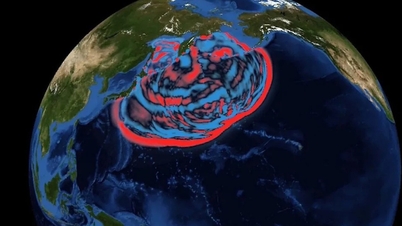




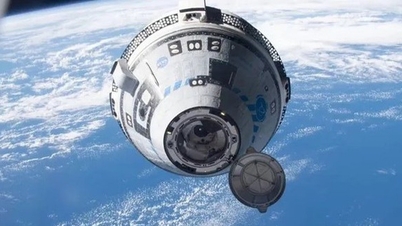
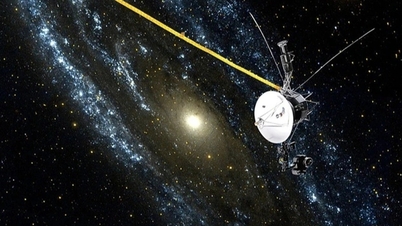





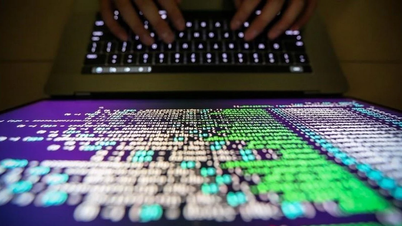



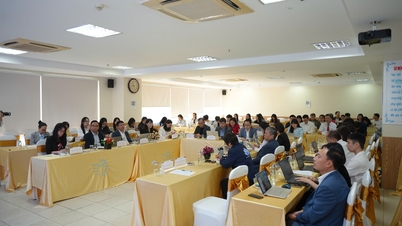








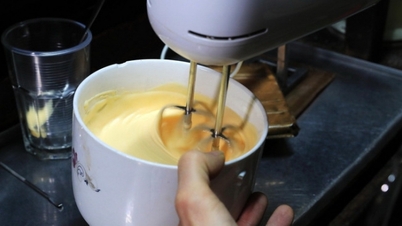

























































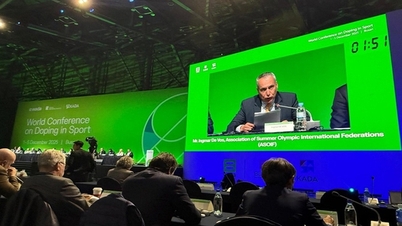



























Comment (0)